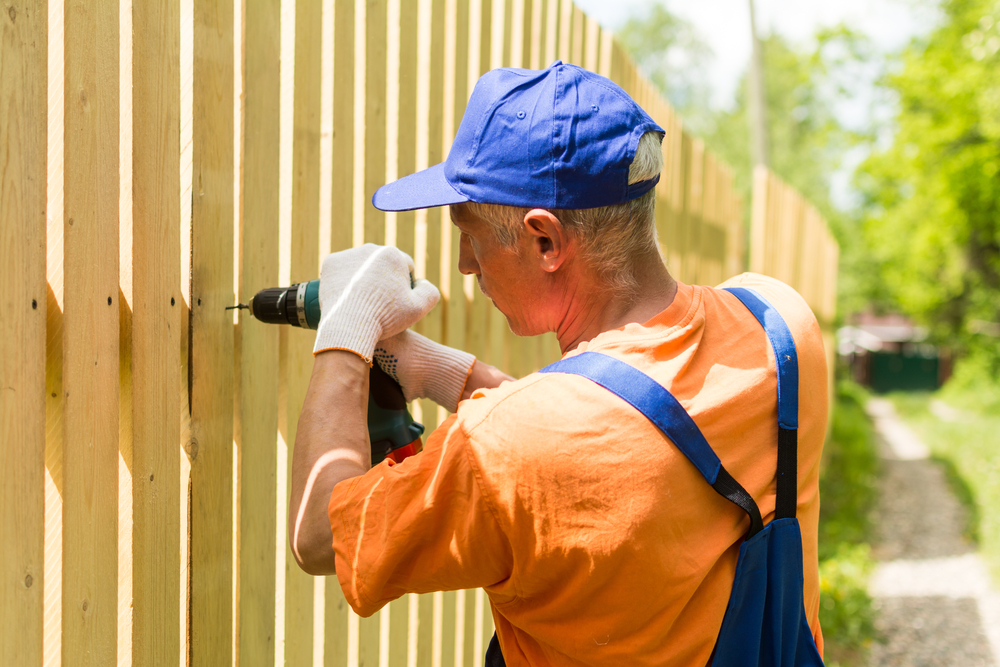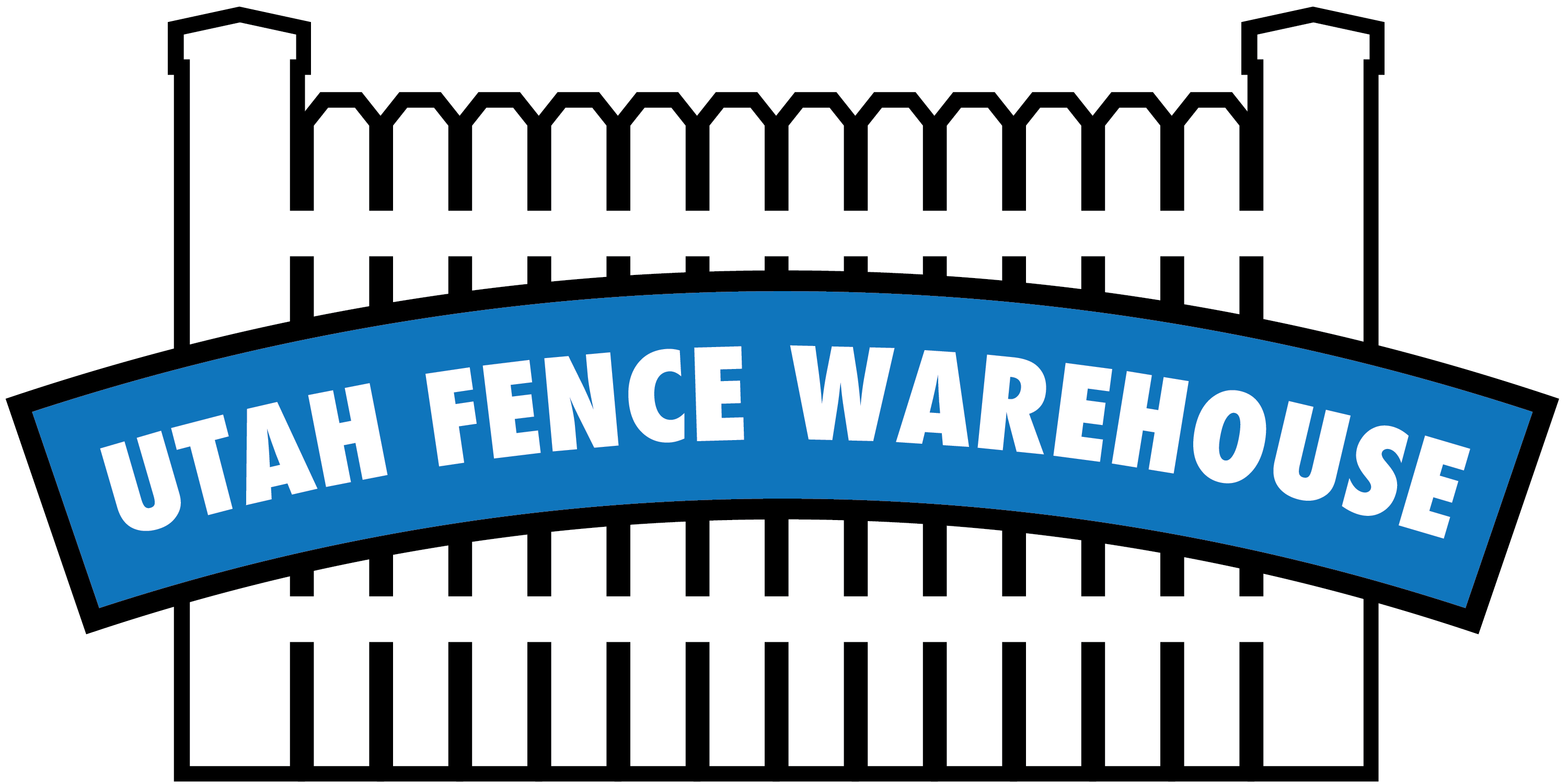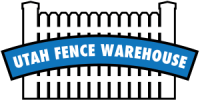A few small bits of preparation might be needed for certain projects or jobs around your property, and one great example is a new fence installation. A few basic areas of preparation will help your fence installation go as smoothly as possible, plus will often save you money and hassle during this process.
At Utah Fence Warehouse, we’re happy to help with installation in whatever ways needed for a wood fence, vinyl fence, wrought iron fence or any other fence type required by our Layton and nearby Utah clients. Whether on your own or with the help of our team wherever necessary, this two-part blog series will look into some basic preparation tips for an upcoming fence installation.

Looking Into HOA or Local Regulations
Well before you begin installing your fence, take a few moments to look into any local or HOA regulations about fences in your area. While there are some general rules of thumb for the height and style of fences that can be installed, specific locations may have particular requirements for the type, color or other aspects of a fence before it is approved.
Knowing these ahead of time can save you the pain of having to make changes once the fence is already installed, so check with your local authorities or HOA before even purchasing any materials for your project.
Ensuring Proximity to Utilities and Property Lines
The layout of fences are rarely totally up in the air – there are generally regulations and good practices when it comes to positioning them next to things like utilities, property lines and more. Make sure to check your local regulations and with any necessary utilities companies before you start the project – this will help you avoid potential damage or repair costs when you dig up utility lines during the installation process.
Additionally, if there are any HOA-mandated setback distances from a property line, be sure to take these into account when planning the layout of your fence.
Courtesy Check With Neighbors
You should also take the time to check in with any neighbors that may be impacted by a new fence. Depending on the specifics of what you’re installing, they may have to give permission for your project to begin (or at least agree to it).
For instance, if you are installing a vinyl privacy fence, the area of “privacy” could extend into some of your neighbor’s property. Even if there isn’t an issue presently, there may be one in the future if they weren’t aware of what was being installed.
At Utah Fence Warehouse, we understand the importance of preparation before beginning any project. In part two, we’ll look at some more tips about how to ensure your fence installation goes as smoothly as possible. Until then, if you have any questions about installation or need help with something in Layton or nearby Utah areas, don’t hesitate to reach out and contact us today!

